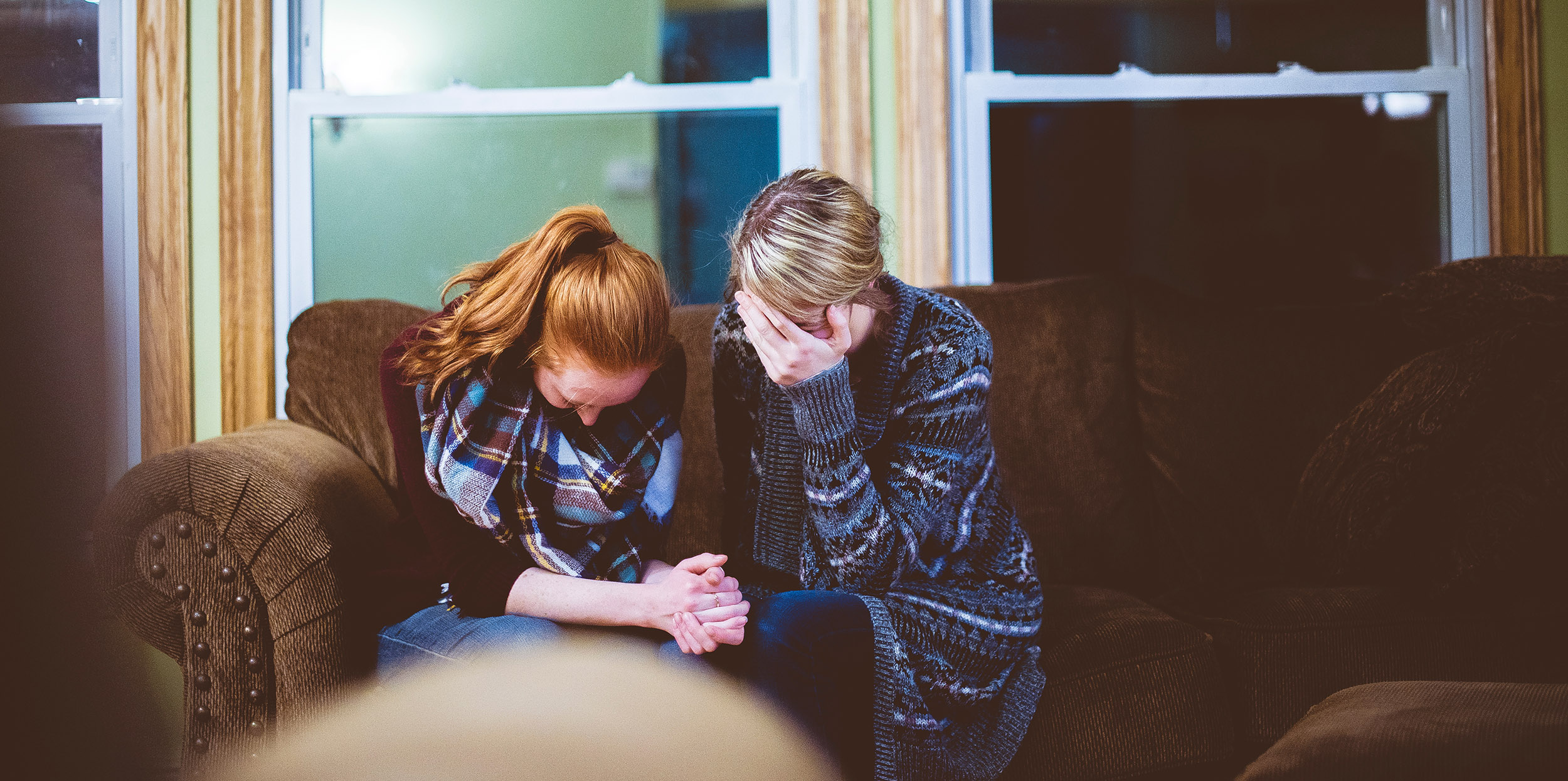It can be really hard to deal with especially if the parent is your main caregiver. Here are some things you should probably read.
Your parents are humans too.
This is something which takes a while to realise, even though it seems basic AF. Often we just see the parentals as food givers, bedroom tidiers, homework taskmasters and the occasional hug providers… but at some point, it’ll hit you that they are living, breathing, mistake making, emotionally unstable, human-people just like the rest of us and they are far from perfect.
Support them.
When my mum was at her worst, I had to buck up and share the load. I’m not saying do everything for them but sometimes you have to help out because they’re not coping so well right now. Nothing serious, just offer a helping hand around the house or with your sibz. If you feel confident, you could ask them how they are feeling and try to support them emotionally too, give em’ a hug from time to time, they’ll appreciate it.
Talk about it.
There are so many support networks out there for young people in this position and this is something I wish I’d known about when I was younger. You should not go through this alone, and you should speak up. Start by joining our community and speak with a DTL Digital Mentor for more info. Then consider speaking with a trusted adult or someone at school. Alternatively, you can speak to the amazing experts at Mind.

Young Carers.
Its a bit of a scary term but a young carer is a person under 25 who helps to look after a family member or parent who is unwell, disabled or suffering with a mental illness – this also includes family members who are suffering with drug or alcohol addiction. You can read more about young carers here.
If you are a young carer, there is a whole network of support out there for you – access it today, you shouldn’t do this alone.
Undiagnosed Mental Illness
If you suspect that a parent or carer has a mental health problem but you’re not sure, it can be a pretty scary and uncertain situation. Whether your parent knows and isn’t sharing it with you, or you simply suspect that something’s’ up, there are ways that this should and should not be approached. Always be aware that your own safety is paramount. If you have a trusted family member, try to talk to them about your concerns, approach a trusted adult at school or talk to Ditch the Label.
It’s OK to not be OK.
Just because your parent is the one with the illness, it’s ok for you to be affected by it – in fact, it’s inevitable. We are heavily affected by our surroundings whether we’re aware of it or not. You should not take it upon yourself to parent your parents. If you need help for you, get it here. There will be absolutely no judgement, only support.❤️
Just remember that you are not alone, start a conversation now.













